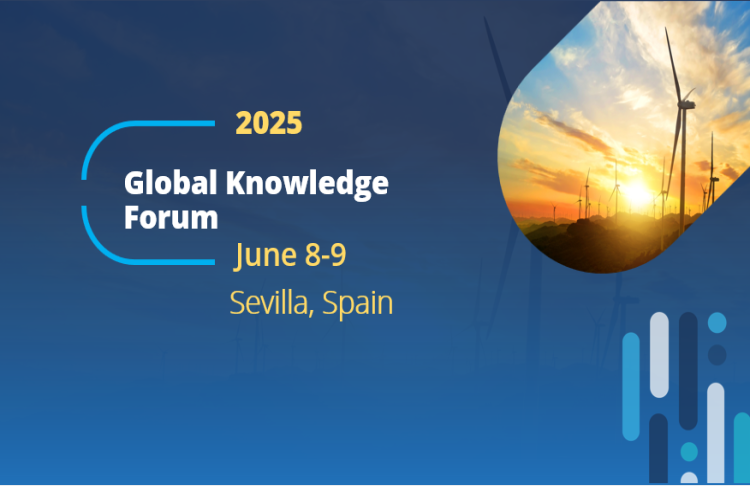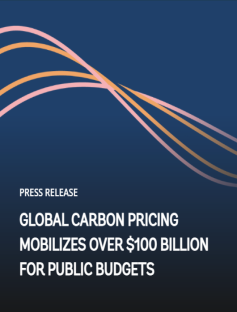The 2025 Global Knowledge Forum facilitated insightful exchanges, addressed challenges, and showcased progress in deploying carbon pricing instruments and carbon market mechanisms that help meet global climate and development goals. This year's forum gathered implementing and donor countries, policymakers, knowledge partners, and experts for dialogue and collaboration. Through interactive and participatory sessions, participants engaged in meaningful discussions on emerging opportunities, best practices, and lessons learned in addressing barriers to effective implementation.
Through the World Bank’s Partnership for Market Implementation (PMI) initiative, countries are making progress towards developing carbon pricing and market-based approaches for impactful development outcomes. Enhanced collaboration, exchange and knowledge-sharing can enable the effective design and implementation of these instruments, supporting both climate and development goals, particularly in emerging economies.
Day 1 of the forum presented updates from PMI participating countries, management, and knowledge partners, as well as peer-to-peer learning sessions that help PMI participating countries and regional programs make progress on their high-level action plans.
Day 2 was jointly convened with the Transformative Carbon Asset Facility (TCAF) and Carbon Initiative for Development (Ci-Dev), offering broader perspectives on country action in carbon markets—from building robust national enabling frameworks and generating high-quality carbon assets through strategic sector programs to advancing market infrastructure and unlocking monetization opportunities.
For more information, contact: pmiclimate@worldbank.org.




